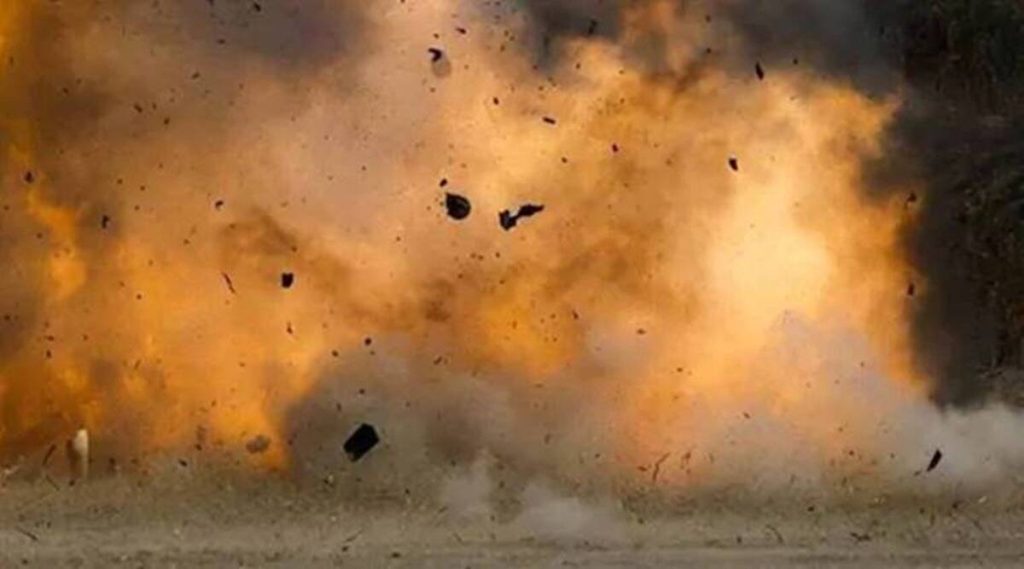On the night of November 13-14, 2024, North Waziristan witnessed a tragic escalation in the internal conflict among militant factions, specifically between Fitnat al-Khawarij and the Hafiz Gul Bahadur group. A powerful explosion in a mosque in Tapi village of Miran Shah not only led to the destruction of several surrounding homes but also tragically claimed the lives of innocent civilians, including women and children. This incident underscores the complex and violent nature of militant infighting that has been escalating in the region.
According to defense analysts, the Fitnat al-Khawarij, which claims to operate under strict Sharia principles, has been repeatedly accused of exploiting places of worship for violent purposes. Using mosques to prepare or launch attacks not only violates the sanctity of these spaces but also puts civilian lives in grave danger. In this case, five key terrorists from the Jaish-e-Omari group were also reported killed in the blast, revealing the cost of internal strife within these militant networks.
Reports indicate that the attack may have been part of a series of retaliatory strikes. On the same night, the Khazri Noor Wali group reportedly targeted a center belonging to the Hafiz Gul Bahadur faction in Tapi, followed by the killing of Zafaruddin, a prominent commander aligned with Noor Wali Mehsud, in Hakim Khel village. These violent acts reflect not only the growing tensions but also a breakdown in trust and coordination among militant leaders and factions.
The location of such militant hideouts in populated areas and their tendency to use civilians as shields has alarmed local and international observers. Defense experts have pointed out that these tactics endanger entire communities, as militants exploit civilian areas for refuge, weapons storage, and preparation of explosives.
Adding to the tension, recent intelligence reports suggest that Afghan soil serves as a base for these militants, supported by factions of the Afghan Taliban. This relationship has raised concerns over cross-border terrorism, with the Fitnat al-Khawarij reportedly launching attacks on Pakistani soil with the tacit support of elements within Afghanistan. Analysts assert that this demonstrates the continued struggle of Pakistan’s security forces to contain these groups, despite successful counter-terrorism operations that have narrowed militant footholds within Pakistan.
The internal divisions within Fitnat al-Khawarij are also becoming evident, with reports of low morale among foot soldiers who feel disillusioned by leaders residing in Afghanistan. A recent audio leak attributed to Noor Wali Mehsud hinted at mounting frustration, potentially widening the rift between militant factions operating in Pakistan and Afghanistan.
This ongoing strife underscores both the operational challenges and the broader security implications facing Pakistan as it contends with militants using Afghan territory as a base for destabilization. Defense experts argue that the recent escalation within the Fitnat al-Khawarij and allied factions poses a serious risk to regional stability and calls for heightened cross-border cooperation to curb such threats.


